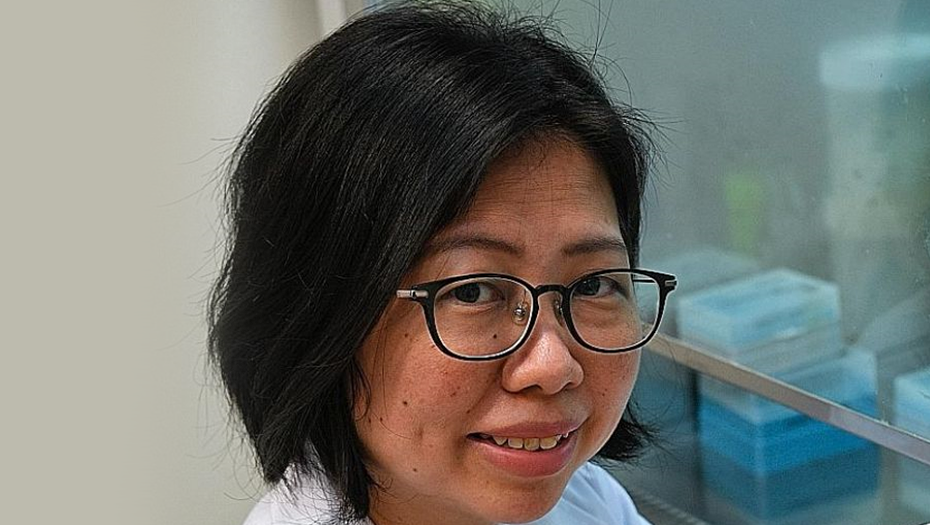
Dr Cheok Chit Fang, principal investigator at A*Star's Institute of Molecular and Cell Biology, was the study's lead researcher. Her team will carry out pre-clinical studies and clinical trials to confirm that Niclosamide is effective and also has fewer side effects.
Singapore scientists' six-year study shows drug used to treat tapeworm infections also has cancer-fighting traits
Shabana Begum, The Straits Times
Scientists here have found that a drug used to treat tapeworm infections can also kill the cells responsible for almost half of all cancers.
The drug, called Niclosamide, wipes out cancer cells that contain the mutated p53 gene. Normal p53 genes work as tumour suppressors.
p53 mutants are rife in colorectal, breast, lung and prostate cancer - the biggest cancer killers in Singapore - among other cancers.
Niclosamide's cancer-fighting traits were discovered when scientists from A*Star's Institute of Molecular and Cell Biology (IMCB) screened over 2,000 drugs during a six-year study that began in 2013.
"We did a very robust screening that allowed us to pinpoint that Niclosamide is the top hit in the list of drugs that kill p53-deficient cells," said Dr Cheok Chit Fang, principal investigator at A*Star's IMCB and lead researcher of the study.
As the drug has been approved by the US Food and Drug Administration since the 1960s, it is likely that Niclosamide will be commercially available for cancer treatment sooner compared with newly developed drugs, added Dr Cheok.
"Since it is an FDA-approved drug, clearing the regulatory hurdles will be a bit easier and faster. Niclosamide is already established to be fairly safe."
When normal p53 genes in cells undergo mutation, they lose their tumour-suppressing qualities, allowing cancer cells to thrive and proliferate. When Niclosamide acts on any cell, it causes fatty acids to build up in the cell. When fatty acids accumulate in a cell with normal p53 genes, the genes are activated to break down and metabolise the fatty acid cluster.
However, when fatty acids accumulate in a cancer cell with mutated p53 genes, the team discovered that defective genes cannot be activated to break down the fatty acids. The fatty acids will then build up to toxic levels, killing the cell.
The study's findings were published in scientific journal Nature Communications last September and presented at the 17th International p53 Workshop in Singapore.
Dr Cheok said: "When I presented the findings at the 2017 conference, some colleagues were surprised by how we discovered Niclosamide's mechanism against cancer. Nobody looked at it from a metabolic angle."
Moving forward, Dr Cheok's team will conduct pre-clinical studies and clinical trials to confirm that the drug is effective and has fewer side effects on patients.
They will collaborate with pathologists and clinicians in institutions such as KK Women's and Children's Hospital (KKH), National Cancer Centre Singapore and National University of Singapore to test the drug on a range of cancer cell samples derived from consenting patients.
Looking at A*Star's study in another perspective, Dr Adele Wong from the Department of Pathology and Laboratory Medicine at KKH suggested that finding biomarkers in mutated p53 genes in ovarian cancers is an avenue of research that can be further explored. p53 mutants are found in more than 95 per cent of a type of ovarian cancer.
"In the realm of gynaecologic oncology, Niclosamide has the potential to be an effective and 'gentler' therapeutic agent with fewer side effects," said Dr Wong. "Niclosamide may augment the pre-existing drugs when used in combination."
SOURCE: THE STRAITS TIMES SINGAPORE PRESS HOLDINGS LIMITED. REPRODUCED WITH PERMISSION.
Contributed by














 Get it on Google Play
Get it on Google Play